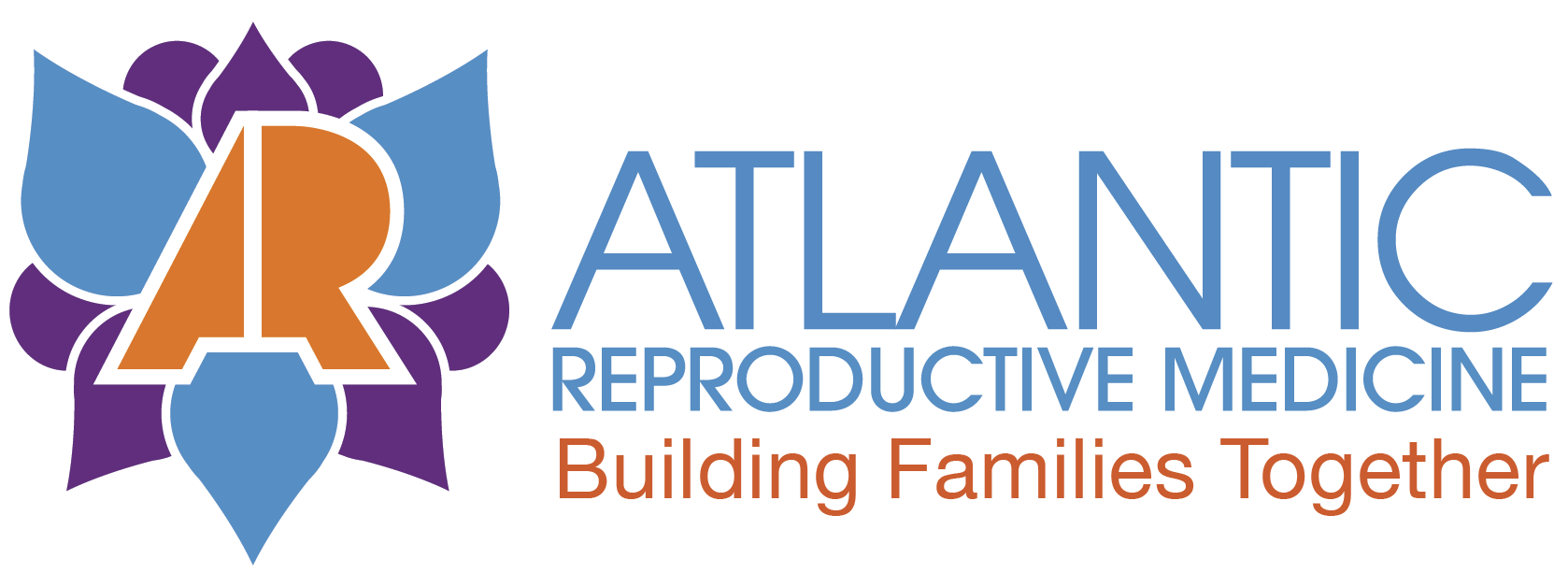
Single Women
Getting Pregnant When You’re A Single Woman
Deciding to have a baby as a single woman is a life-changing decision. As one of the best fertility clinics in Raleigh, we understand your decision to have a child and will partner with you to determine the fertility path that meets your family goals and honors your values.
Exploring Your Parenting Options
Becoming a mother without a partner can pose challenges, beginning with how your child will be conceived. Understanding your fertility treatment options allows you to make the best decision. Here are some of the most common fertility treatment options for single women.
Sperm Donor
If you want to have a biological child, you are probably familiar with the option of using donor sperm. Donor sperm makes it possible for you to conceive without a partner. Achieving a viable pregnancy with donor sperm typically involves basic fertility treatments such as ovulation stimulation or intrauterine insemination (IUI). To determine if becoming pregnant through donor sperm is the best fertility treatment for you, our fertility doctors will look at varying factors, including age, lifestyle, medical history, and more.
Sperm donors receive comprehensive testing regarding their medical and family history. Donor sperm is thoroughly tested for genetic defects or mutations to reduce any chances of genetic diseases. When selecting a sperm donor, you’ll be asked to review many factors, including donor pregnancy rate, eye and hair color, weight, height, ethnicity, education, and more.
Gestational Carrier
Another common option for single women looking to have a biological child is to work with a gestational carrier. A gestational carrier is a woman who will carry your child if you’re unable to achieve a viable pregnancy on her own due to a medical reason or if you prefer not to carry your child for other personal reasons.
Gestational carriers are typically between the ages of 21-40, are non-smokers, have had at least one successful pregnancy, and are currently raising a genetic child of their own.
Building Your Family In Your Own Way
Starting a family as a single woman is one of the most important decisions you’ll ever make. Scheduling a preconception counseling session gives you the opportunity to speak with one of our fertility doctors in Raleigh. We are committed to helping you chart your course in building the family you desire.
Atlantic Reproductive provides fertility treatment, testing, and more to patients in Raleigh, Cary, Durham, Fayetteville, Chapel Hill, and beyond from our office in Brier Creek. Contact us today to schedule a consultation.
